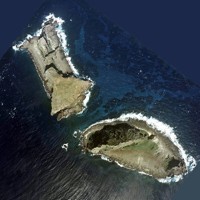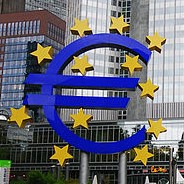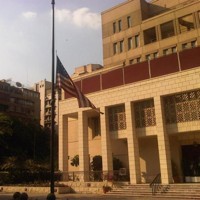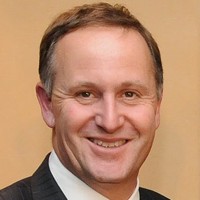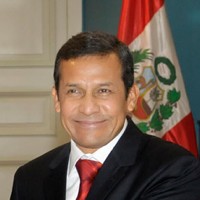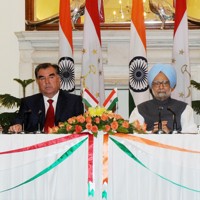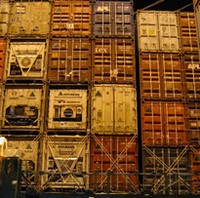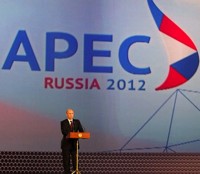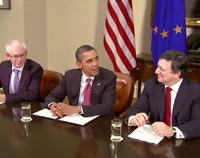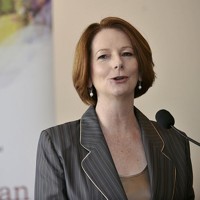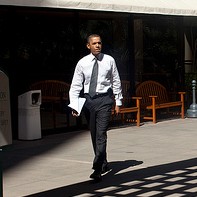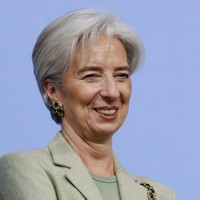
Egypt’s petroleum minister announced last week that British Gas plans to invest $3 billion to $5 billion in development projects in Egypt. In an email interview, Gawdat Bahgat, a professor of national security affairs at the National Defense University’s Near East South Asia Center for Strategic Study, discussed the state of Egypt’s oil and gas industry. WPR: Where have the events of the past two years left Egypt’s oil and gas industry? Gawdat Bahgat: Unlike its North African neighbors Libya and Algeria, Egypt has never been a major oil producing and exporting country. It is not a member of OPEC […]

